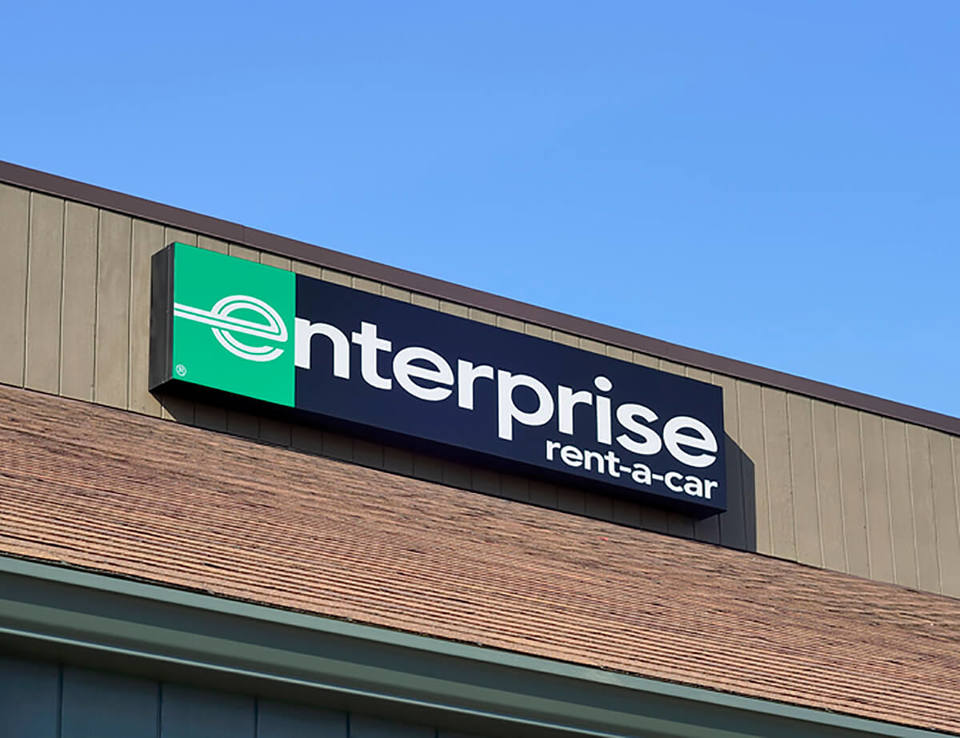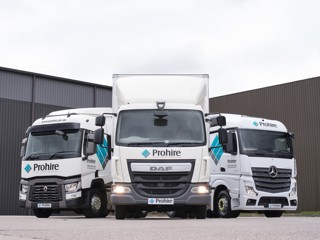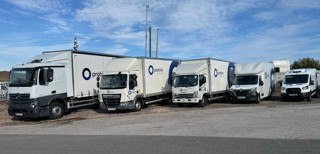Fleet operators have had to adapt to the changing financial climate rapidly to help ensure their businesses negotiated the recession.
The support of a short-term rental provider is essential in offering flexibility during uncertain economic times.
However, with many performing essentially the same job, it can be difficult to find those stand-out elements to a service that add value worth having.
Almost a year ago, Enterprise Rent-a-Car was announced as providing the best short-term rental service in the Fleet News Awards, with the judges citing a number of initiatives that not only helped customers keep control of costs, but also tied into green strategies already undertaken by them.
At the same time, Enterprise had seen its business expand leading up to its 2010 awards submission, and it is growth that has continued since.
Rob Ingram, director of business rental at Enterprise Rent-a-Car, says: “We’ve had a very successful year, and our growth has come in several different ways. We’re continuing to open branches with 25 new sites in 2010 and a further 25 in 2011.”
Enterprise does not rely on buy-back agreements with car manufacturers, instead choosing to purchase 95% of its fleet outright.
The company says this allows greater flexibility and has been a key factor in its success.
“We need to be able to buy and sell cars when we want to, rather than when we have to” says Ingram.”
It means Enterprise can change the make-up of its rental fleet as market conditions demand instead of being bound by agreements with car manufacturers to run the vehicles for a set duration and mileage.
Ingram says Enterprise’s services are set up to help work with its customers’ own strategies at reducing the environmental impact of running their fleets, as well as cutting running costs.
One of the features of its business that caught the attention of the judges in 2010 was its Driving the Right Behaviour pack, which – at the time of its awards submission – had been used by more than 100 companies to help assess and manage their grey fleet use.
The pack includes best practice advice, a transport policy template and a grey fleet calculator, all of which allow companies to measure and better manage grey fleet mileage.
Other developments include a mileage reimbursement benchmarking initiative, which had shown an average of a 30% reduction in costs at participating companies by the time Enterprise’s submission was assessed last year.
Enterprise has also worked with BT to develop an incentive scheme to encourage drivers to rent the most appropriate vehicle for the job.
The company offers a pick-up service where a representative will collect the person who needs the hire car, take them to the branch so a vehicle inspection can be carried out, and deliver them back home at the end of the rental.
It means employers do not need to allocate a parking space for the delivery of the rental vehicle, and allows drivers to ensure they are comfortable with the vehicle at the branch before taking it out on the road.
“I still think our pick-up service is one of our most under-utilised features of our operation,” said Ingram.
It also has an impact (although small) on emissions as one vehicle is used between the customer and the rental location rather than the two needed to deliver a vehicle to a customer (and return the driver to the rental location).
Since Enterprise collected the award in 2010, its fleet size has grown from 40,000 to 48,000 vehicles and the number of sites it operates from is also increasing with a further 25 added to its network in the last 12 months.





















Login to comment
Comments
No comments have been made yet.